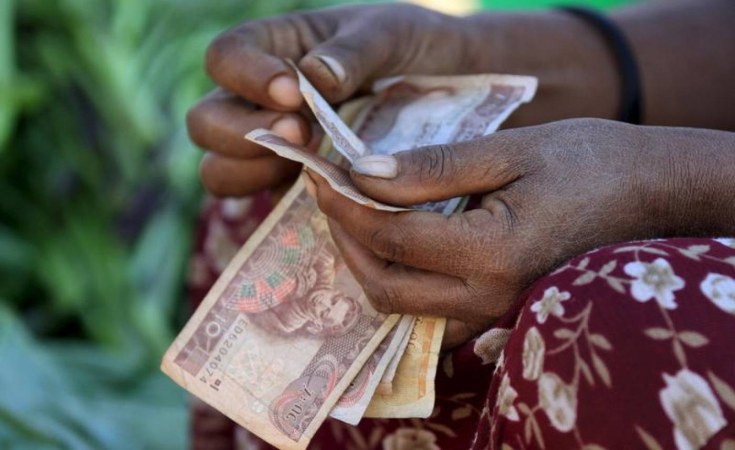Addis Abeba — The National Bank of Ethiopia (NBE) has begun distributing 5 billion Birr ($90 million) to banks in the Tigray region to enable them resume their much needed services amidst growing complaints from residents who despite re-opening of banks in the region were unable to get services due to shortage of cash.
Redwan Hussein, National Advisor to the Prime Minister, tweeted on Saturday saying that, "as per the decision passed by Prime Minister Abiy Ahmed, NBE has begun sending 5 billion Birr to Mekelle to be dispensed starting Monday".
The decision was made following engagements of the Peace negotiating teams of the federal government and the Tigray Region who have met on Friday, in the presence of Prime Minister Abiy Ahmed (PhD) for the first time and discussed the progress of the implementation of the peace agreement signed between the two in November last year.
In his remarks in the aftermath of the meeting, the leading peace negotiator of Tigray region, Getachew Reda, underscored that, "banks have opened in Tigray but due to serious shortage of cash they haven't been giving services" adding that, "in Tigray people who have money become dependent on aid only because they cannot access their savings".
"All banks in Tigray are open every day during business hours but they do not provide any financial service to the people" Tsega'ab Kassa
Residents in the region have been expressing their frustrations on the failures of all banks in the region in providing services despite widely reported resumption of banking services in the region.
"All banks in Tigray are open every day during business hours but they do not provide any financial service to the people," Tsega'ab Kassa, a resident of Mekelle told Addis Standard.
He said that unlike what is being reported via various media, all the banks have not been providing any financial services at the moment but they are always open at working hours. "The only thing they are currently doing is transferring money from one customer's bank account to another customer's account," he said.
Journalist Berihu Shiferaw, another resident of Mekelle told Addis Standard that, "the banks, including Commercial Bank of Ethiopia, have not yet started offering services which has made life difficult for the people".
"A lot of people have died from curable diseases for they could not get their own money from the banks for medical treatment," he emphasized.
The employees working at various private banks in Tigray also told Addis Standard that a lot of people come to the banks every day seeking various services following the announcements of the resumption of banking facilities at all.
"We are not providing any service to our customers because of scarce of cash and we are waiting for the National Bank of Ethiopia to allocate cash to each of the banks in Tigray," an employee of the Awash Bank, Mekelle Branch, told Addis Standard on conditions of anonymity.
He said that two weeks ago, "All banks were told to make preparations including the Commercial Bank of Ethiopia to provide services but we received no cash so far".
Despite not having cash allocated from the Central Bank, sources in Wegagen and Anbassa Banks in Mekelle, informed Addis standard that the banks were giving up to 2000 Birr to their customers at the beginning of their resumptions weeks ago, using the cash that was transferred to their respective branches for various reasons, but the services stopped due to lack of cash.
Although some progresses have been seen in the resumption of air travel and restoration of telecommunication in the Tigray region, which has been under a "de facto blockade" for two years, the progress of restoring basic services have been slow, and the resumed services remain inadequate as opposed to the massive needs.
Even in the area of humanitarian aid, where a significant progress has been achieved since the peace deal was struck, the UN said on 02 February that, "some pockets remained that have not yet been accessed" in the delivery of aid, which stands at "more than 127,000 tons of food... reaching more than 3.8 million people." AS


